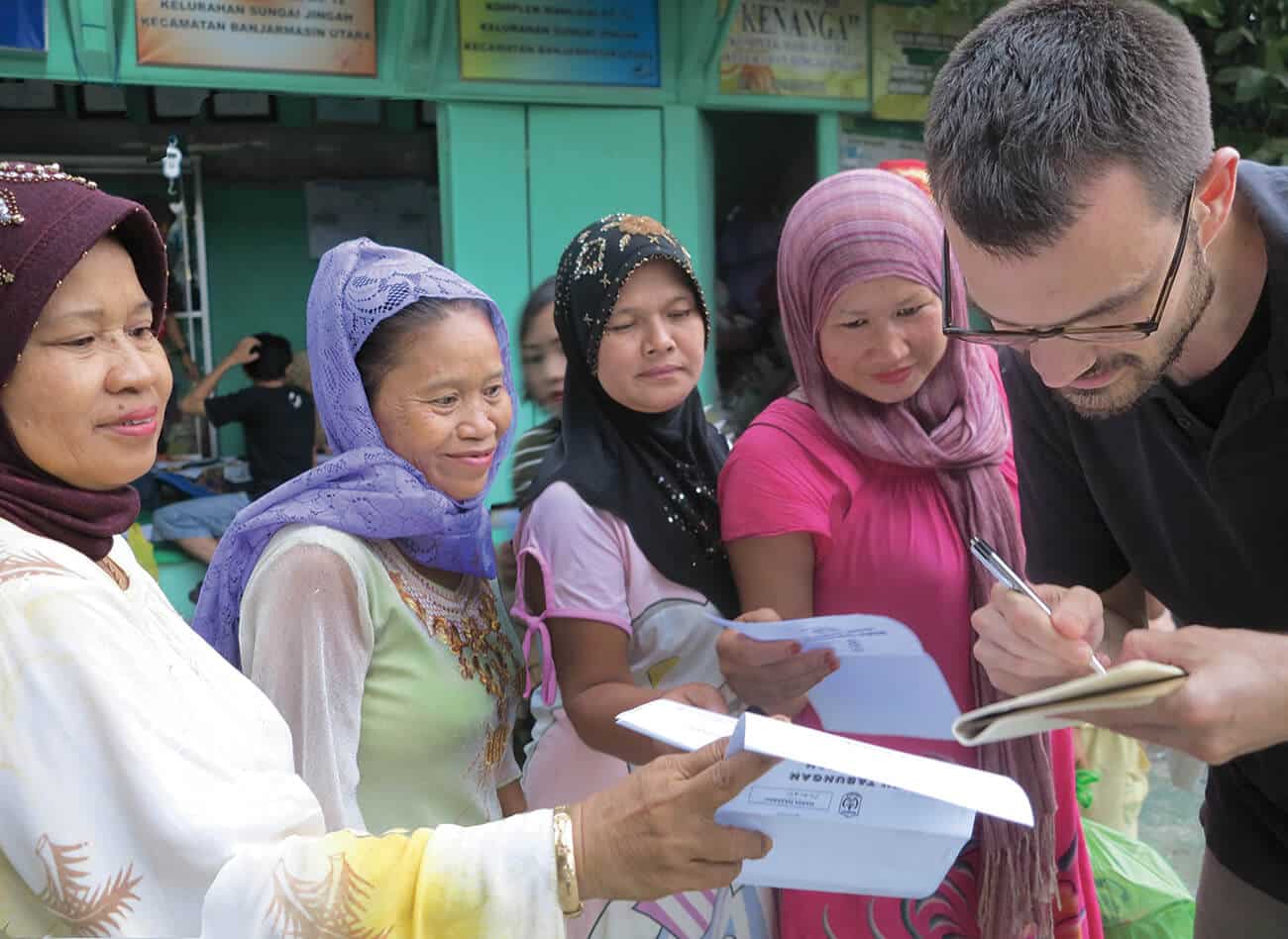
Development and Economic Growth
How do developing economies create opportunity and growth? How can policymakers make better use of development research evidence?
Latest Article

Kazakhstan’s Nuclear Ambitions: A Path to Sovereignty or Dependency?
"Kazakh President Kassym-Jomart Tokayev, a key supporter of this initiative, sees nuclear energy as a pathway to securing Kazakhstan’s long-term stability and energy independence. Yet a critical question remains: Will this decision bolster the country’s energy sovereignty or will it expose it to new vulnerabilities?"Explore all Articles
filter by–Region
filter by–Country
search by–Keyword
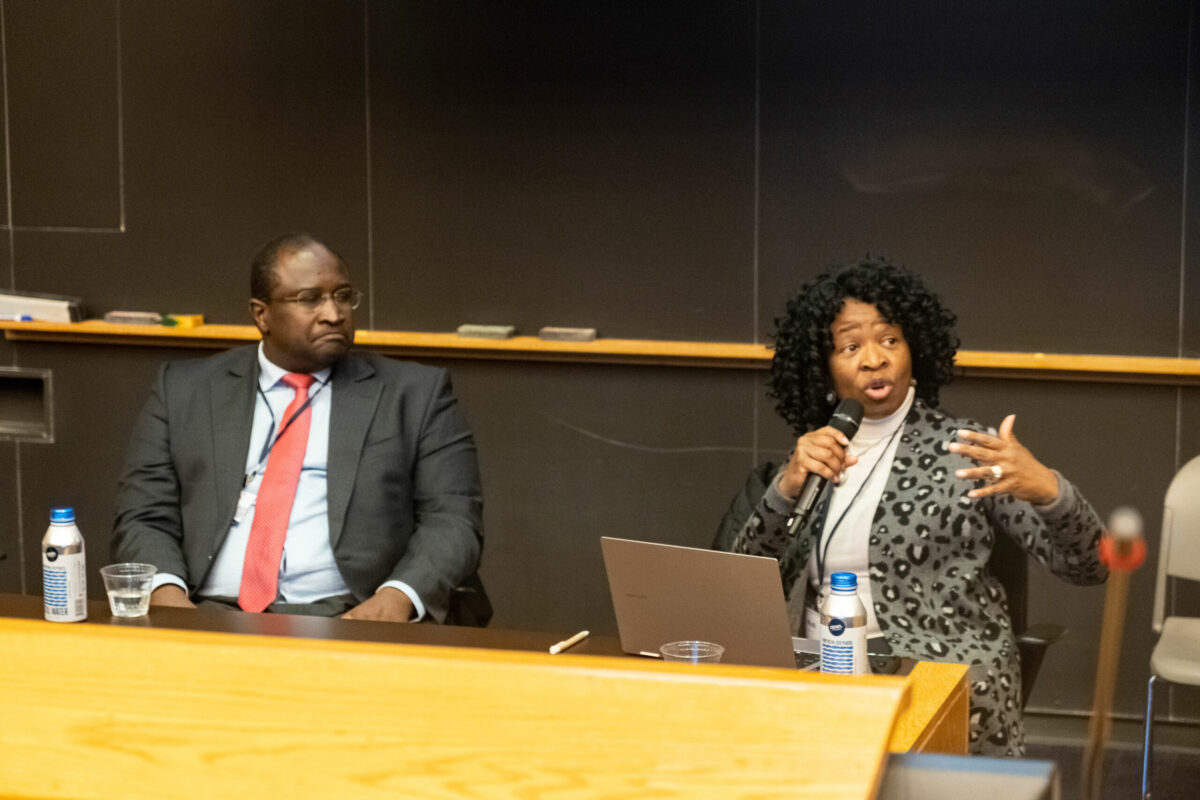
African health conference sparks conversation on healthcare development in Africa
02.23.23
The Harvard Chan School of Public Health recently hosted the first-ever Africa Health Conference from February 18th to 19th, 2023, bringing together students, faculty, activists, global health leaders, and a community of scholars. Organized by the Harvard Chan Africa Health Students Forum, the conference aimed to celebrate successes in healthcare across the continent while also […]
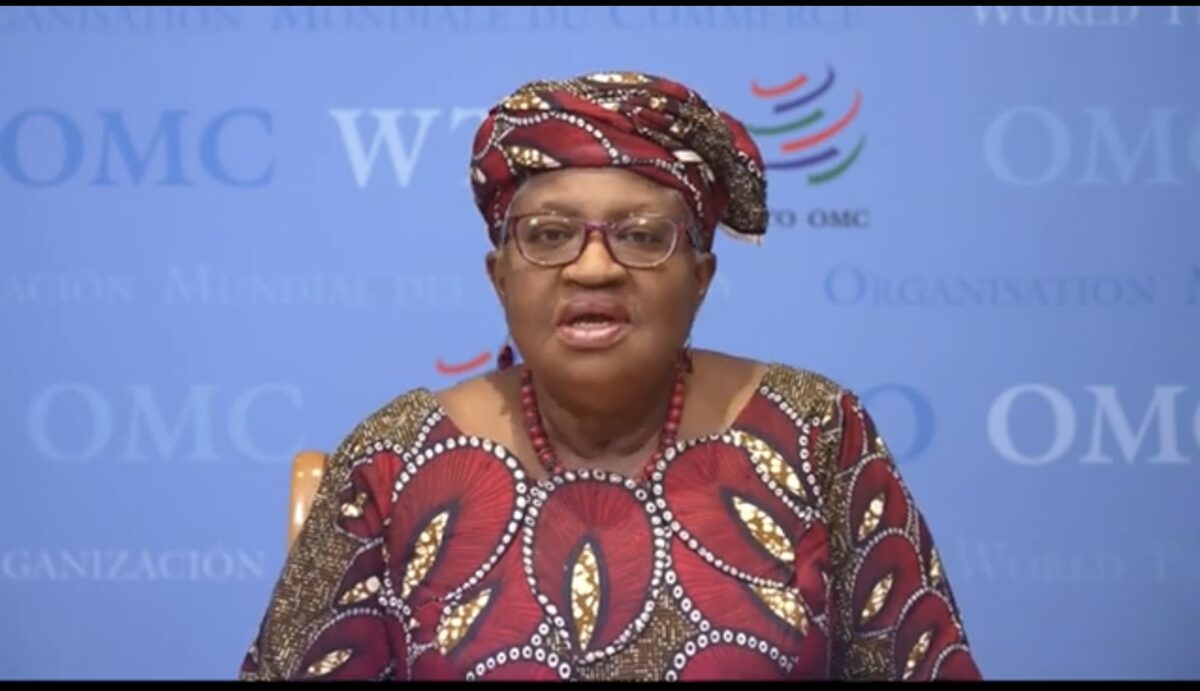
Ngozi Okonjo-Iweala urges African countries to develop digital trade regulations
02.20.23
Dr. Ngozi Okonjo-Iweala, the Director-General of the World Trade Organization (WTO), recently spoke in an exclusive interview with Africa Policy Journal, calling on African nations to develop regulations to promote digital trade and e-commerce on the continent. She praised the efforts of young people who are engaging in digital trade and stressed the importance of […]

New generation of African leaders must speak truth to power-Sam Jonah
01.1.23
For African countries to address their political, economic and development challenges, the new generation of leaders from the continent must speak truth to power. This was the opinion of Sir Sam Jonah, the CEO of Jonah Capital during an interview with Africa Policy Journal’s Enitan Okedji, Lead Interview Editor (Policy Engagement). Sam Jonah was in […]
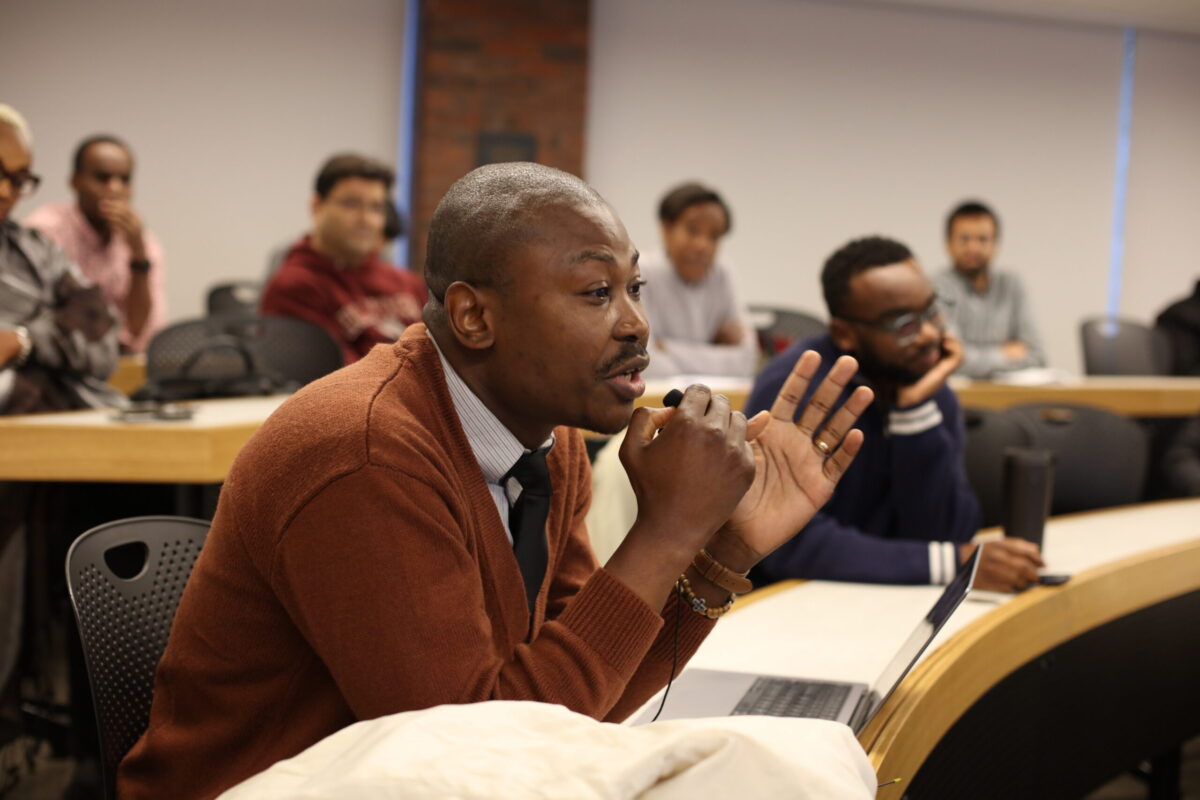
Is AfCFTA a necessary condition for structural transformation in Africa?
12.28.22
Despite the scintillating promises it holds, the African Continental Free Trade Area (AfCFTA) is only a necessary, not a sufficient condition for a structural transformation and global convergence of Africa. The substantial efforts to pass the sufficient test rest upon transcending the colonial model of resource extraction economy. In a blow to the gravity trade […]
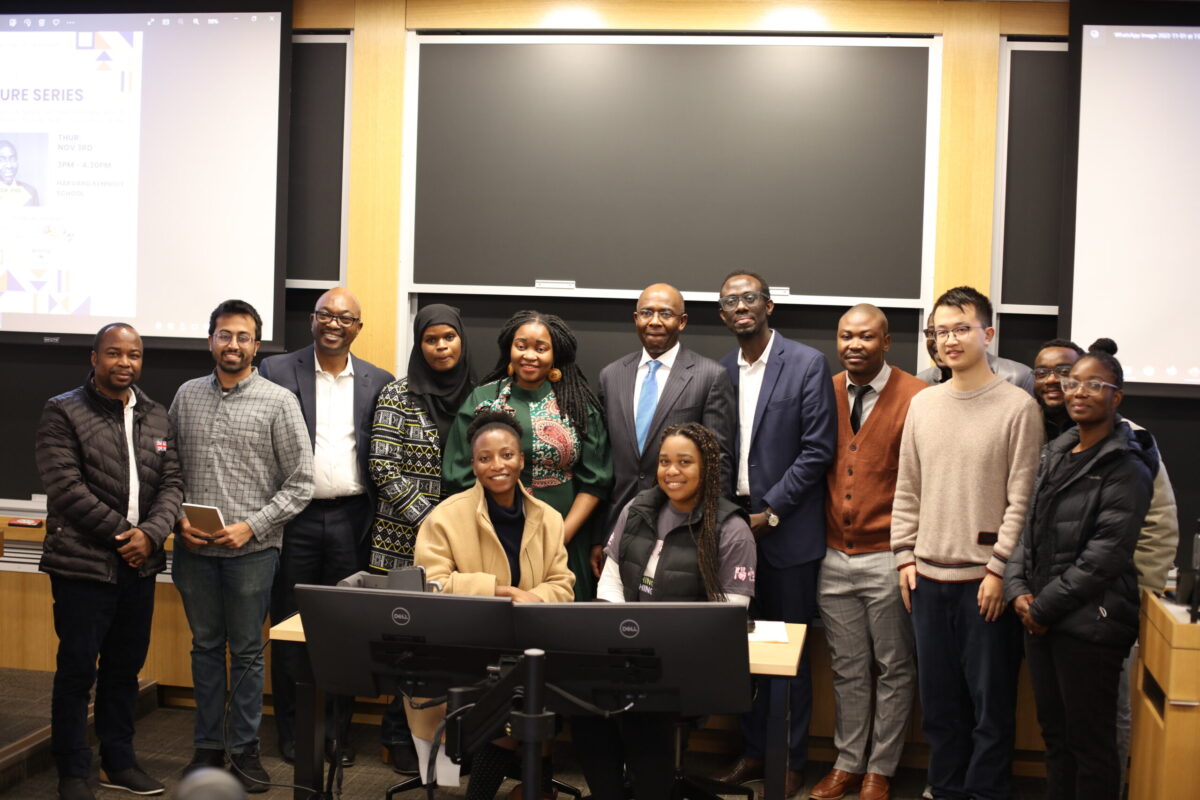
Can African countries skip manufacturing in the journey to achieve economic development?
12.23.22
One of the debates among economic development experts is whether the African continent can skip manufacturing and move into the service industry to achieve economic development. Africa is blessed with abundant land and other natural resources, yet the continent is still grappling with myriad of challenges such as of food security and lack of sufficient […]
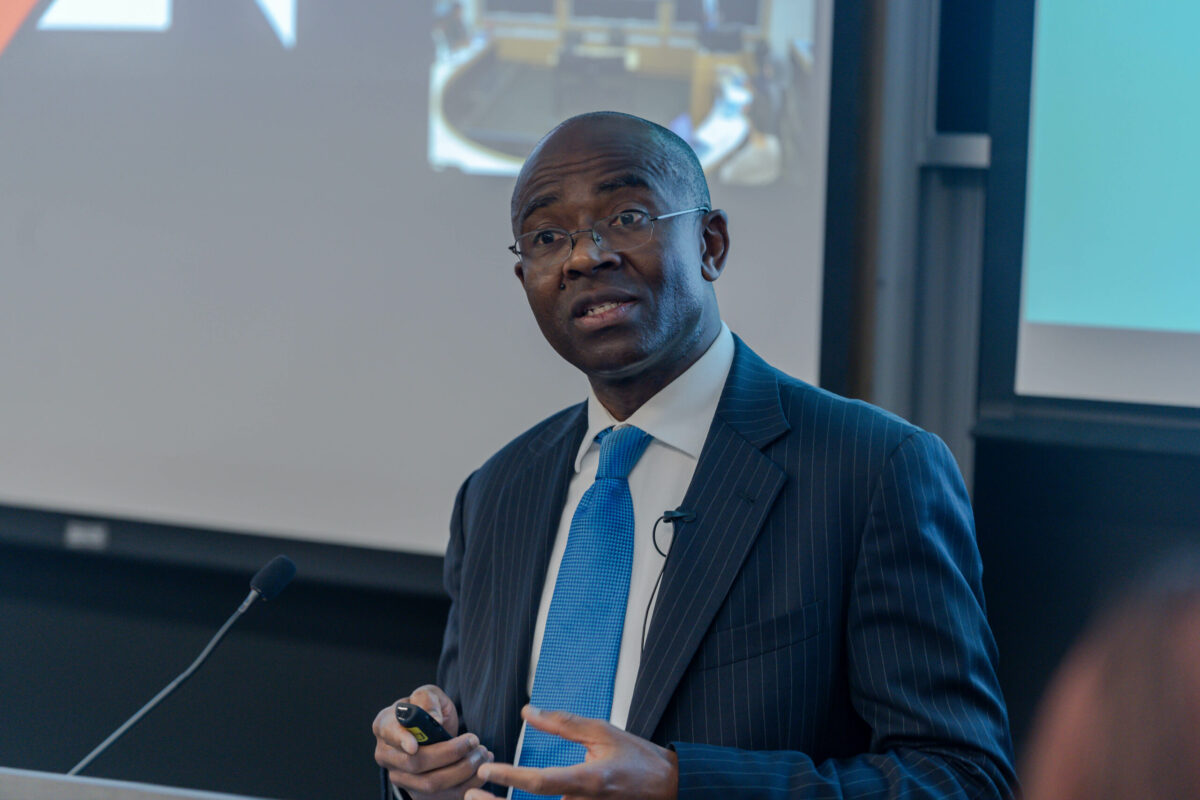
AfCFTA to boost Africa’s exports to US $560 billion
11.12.22
The implementation of African Continental Free Trade Area (AfCFTA) has the potential to increase Africa’s exports by more than US$ 560 billion. This was disclosed by Dr. Hippolyte Fofack, Chief Economist of Afreximbank, while referring to a World Bank data during a lecture at the Harvard Kennedy School. Dr. Fofack stated this during the Africa […]
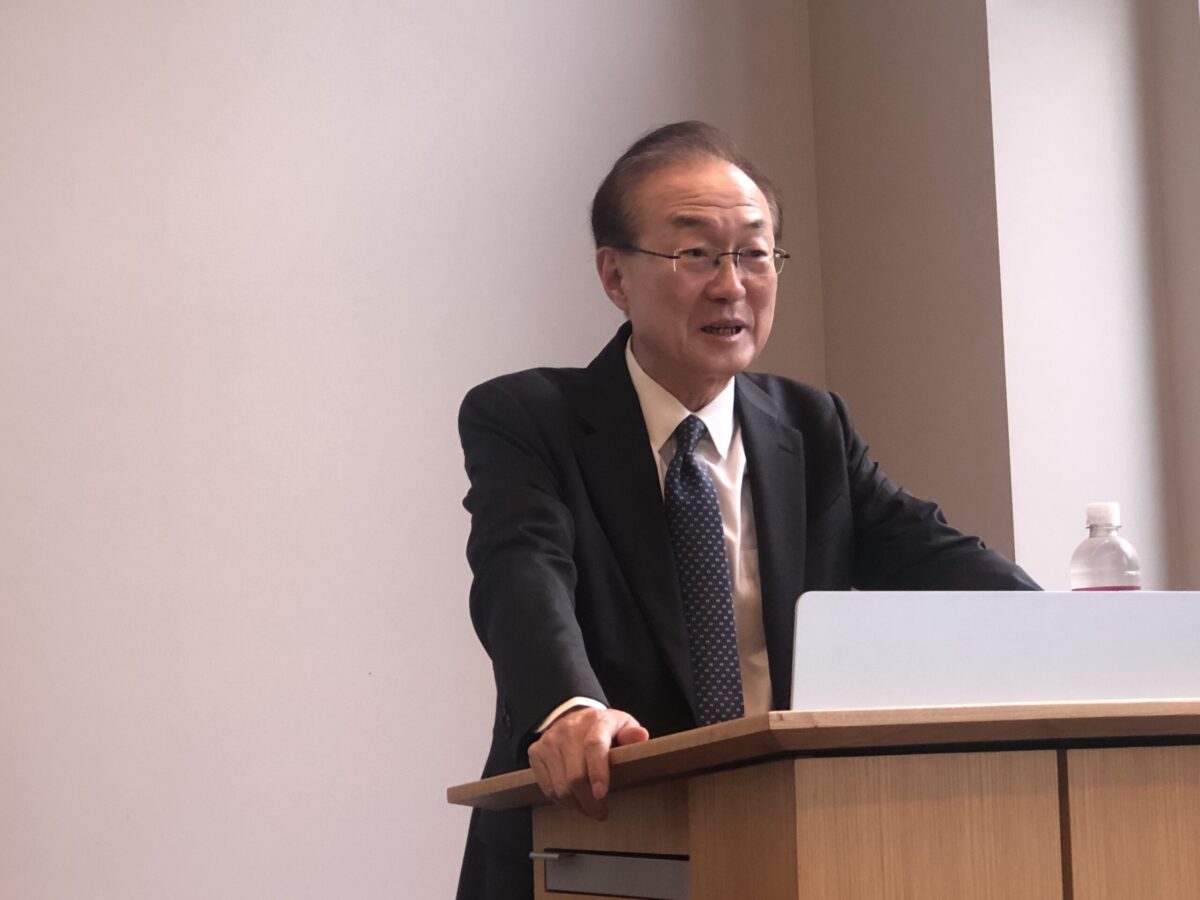
Former South Korean trade minister urges African countries to focus on exports
10.19.22
Former South Korean minister of trade, Dr. Taeho Bark has encouraged African countries to learn from South Korea by focusing on exports. Dr. Bark, a senior visiting scholar, Korea project at Harvard Kennedy School’s Belfar Center stated this during a lecture on South Korea’s new external economic strategies at the Kennedy School. “At beginning of […]

Political power should be transferred to the youth-Zimbabwe’s Fadzayi Mahere
10.10.22
As Zimbabwe heads to the polls in April 2023, spokesperson for the opposition Citizen Coalition for Change, Fadzayi Mahere, has stated that it is time for the youth to take over the mantle of leadership in the country. Mahere was speaking during an interview with Africa Policy Journal in Cambridge, Massachusetts. There are more than […]

The Financial Inclusion Gap in Latin America: Can Central Bank Digital Currencies (CBDCs) be part of the Solution?
06.13.22
While CBDCs hold tremendous potential in closing the financial inclusion gap in LAC, they will also encounter many roadblocks generated by cultural, social, and economic determinants. Central banks and other authorities will be tasked with no less than integrating the vulnerable and marginalized into the financial system. Central Bank Digital Currencies (CBDCs) have recently taken […]

Claude Grunitzky on his journey as an African entrepreneur
03.10.22
In this #APJChat, Africa Policy Journal Editor-In-Chief Ada Ezeokoli speaks with Claude Grunitzky, CEO and Managing Partner of The Equity Alliance Fund, and Founder of TRUE Africa, about his journey as a serial entrepreneur, and what he hopes to contribute to building Africa’s future.
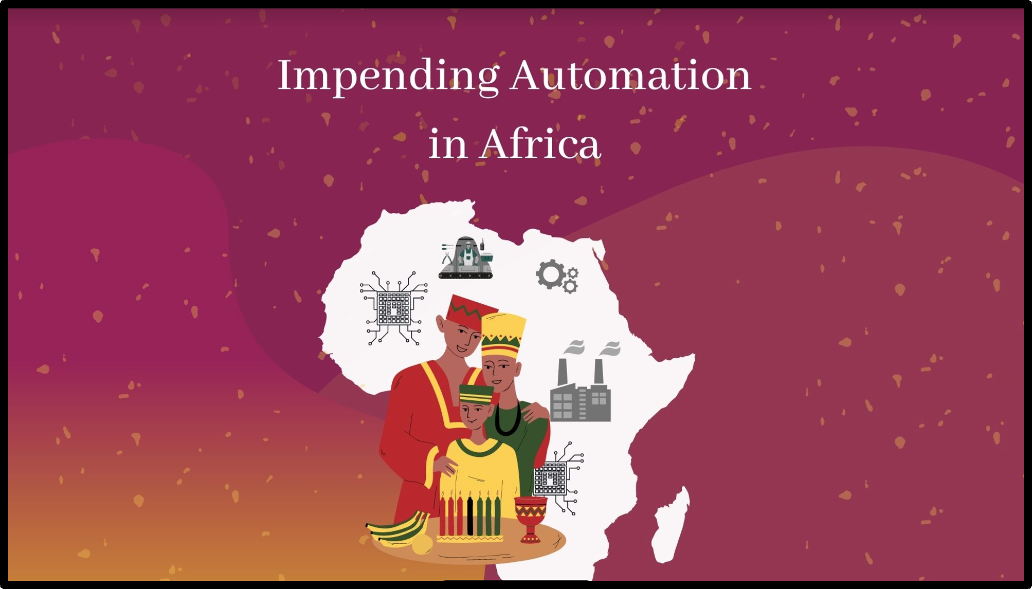
There’s no such thing as a free lunch: Why African economies should be concerned about impending automation
02.25.22
Notwithstanding COVID-19’s sudden and damaging blemish on African Foreign Direct Investment, the continent has been subject to consistently increasing foreign investment in recent history. From US$ 1.1 billion per year in the 1970s to US$ 2.2 billion in the 1980s to more than US$ 35 billion on average during the 2000-2008 period, multinationals are looking […]

How to Save the Planet: Stop Economic Growth
11.19.21
After decades of inaction, humanity faces potential extinction through an ecological collapse of its own making.1 Climate change, ocean acidification, mass extinction, soil depletion, acid rain, rising seas, extreme weather, unstoppable wildfires, pollution, deforestation, and desertification would each be immense challenges for global governance individually—thecombination seems insurmountable, but because all share an underlying cause, there […]



